- ホーム
- 政策について
- 政策一覧
- 対外経済
- 貿易管理
- ワシントン条約
- 個人の方向けの特例制度に関する情報
- 海外へ出かける旅行者のみなさんへ/For tourists in Japan
- CITES and Souvenirs - What You Need to Do to Bring Them Back to Japan
CITES and Souvenirs - What You Need to Do to Bring Them Back to Japan
What You Need to Do to Bring Them Back to Japan
When traveling, you may find wonderful souvenirs, but you may not be allowed to bring some items back to Japan!!
If the products you discover during your trip are made from plants or animals regulated by the Convention on International Trade in Endangered Species of Wild Fauna and Flora (CITES), you may face restrictions or need to follow specific procedures to bring them into Japan.
CITES is an international agreement aimed at ensuring that international trade in wild animals and plants does not threaten their survival. The species are listed in three Appendices (I, II, and III), according to the degree of protection they need, with rules established to regulate their trade accordingly.
Before purchasing a souvenir, please check with the seller to confirm whether the item contains any plants or animals listed under CITES.
Even items that are commonly used in daily life are restricted under CITES
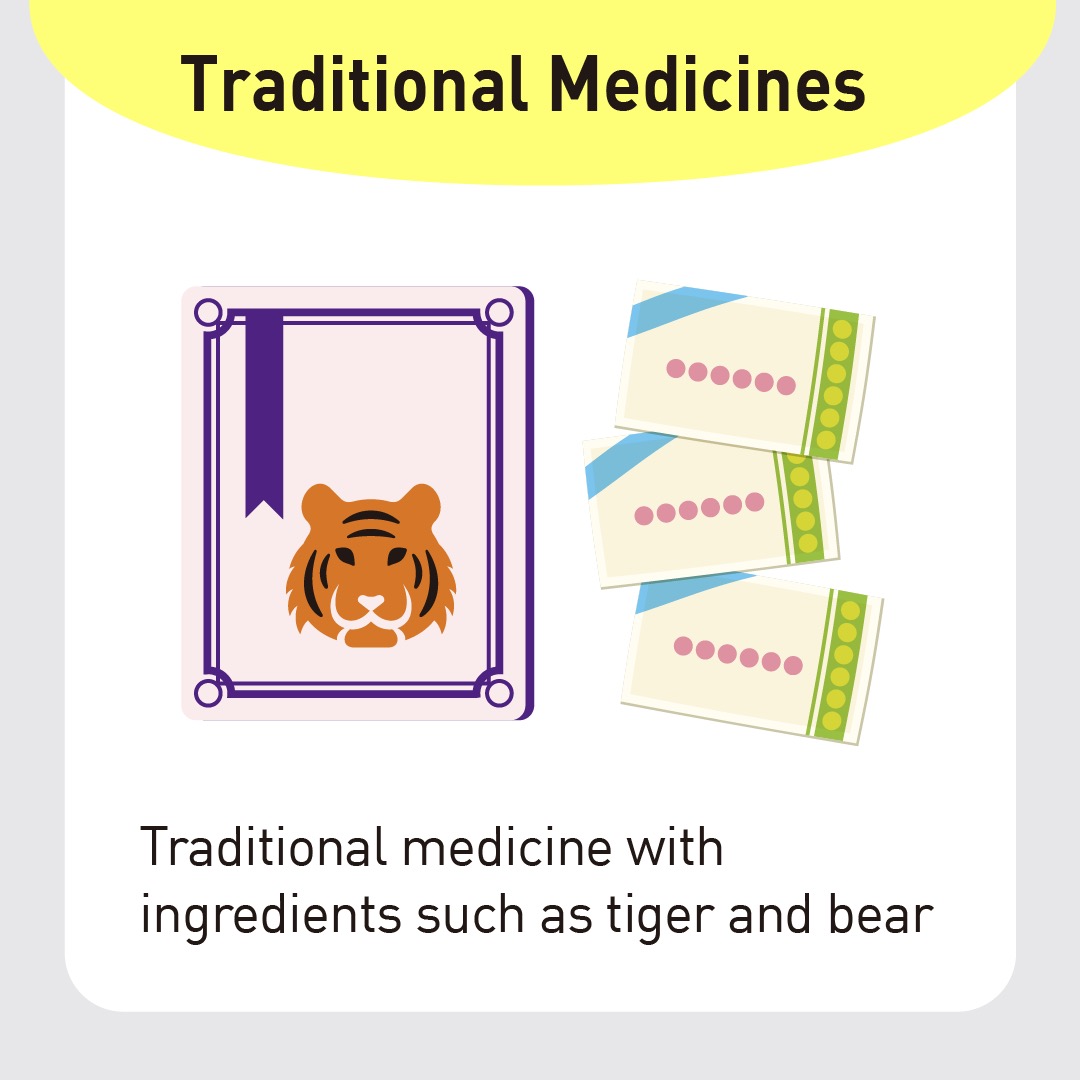

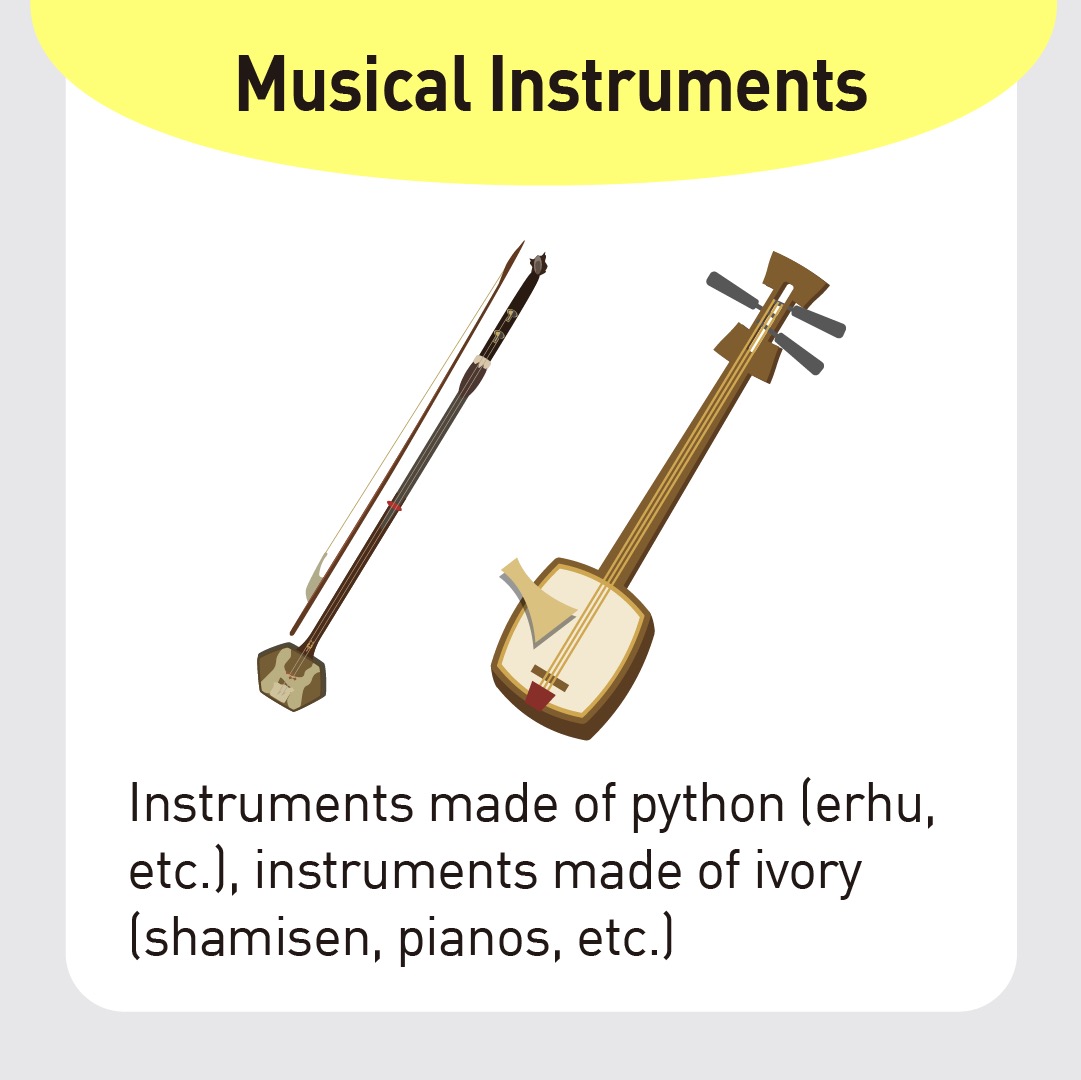

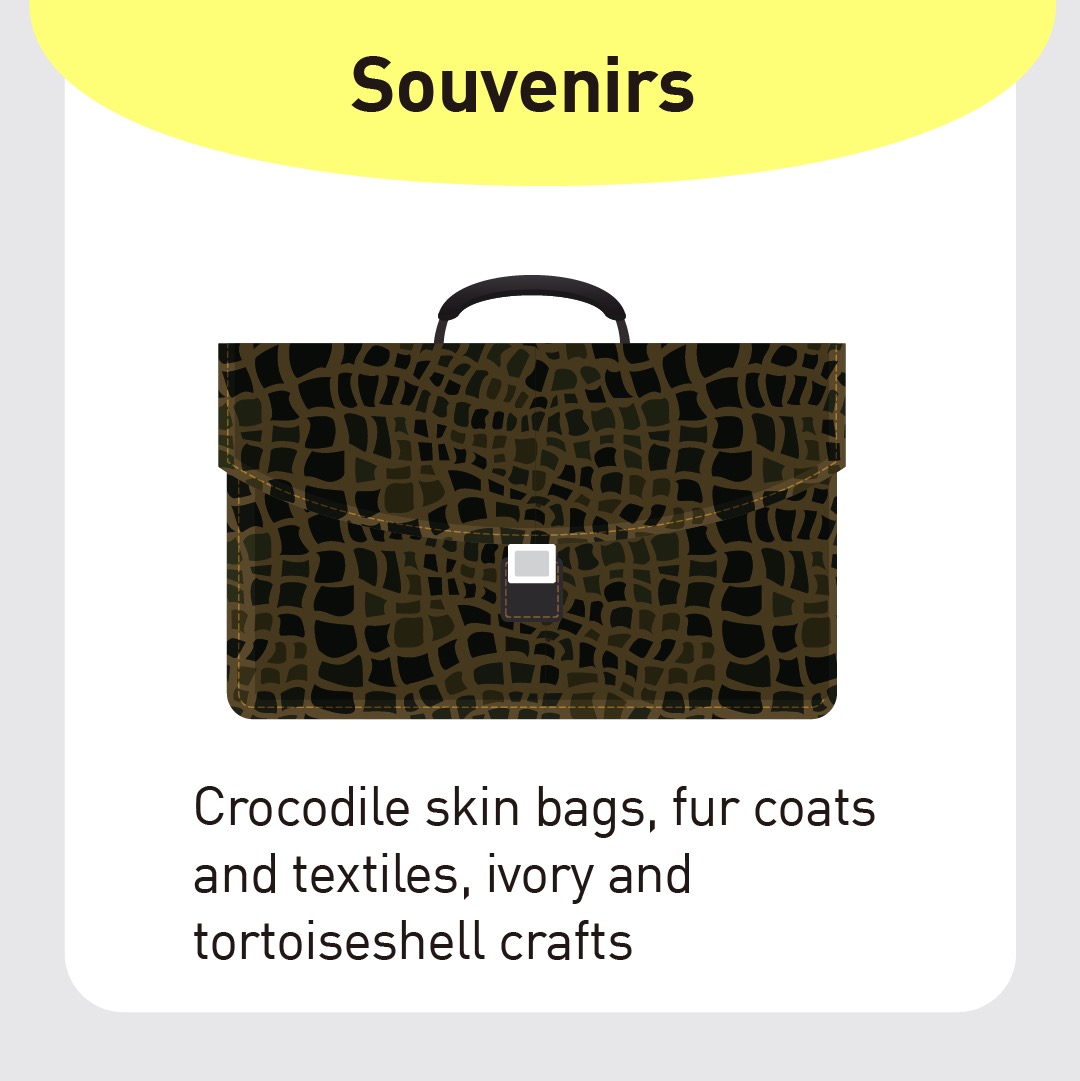
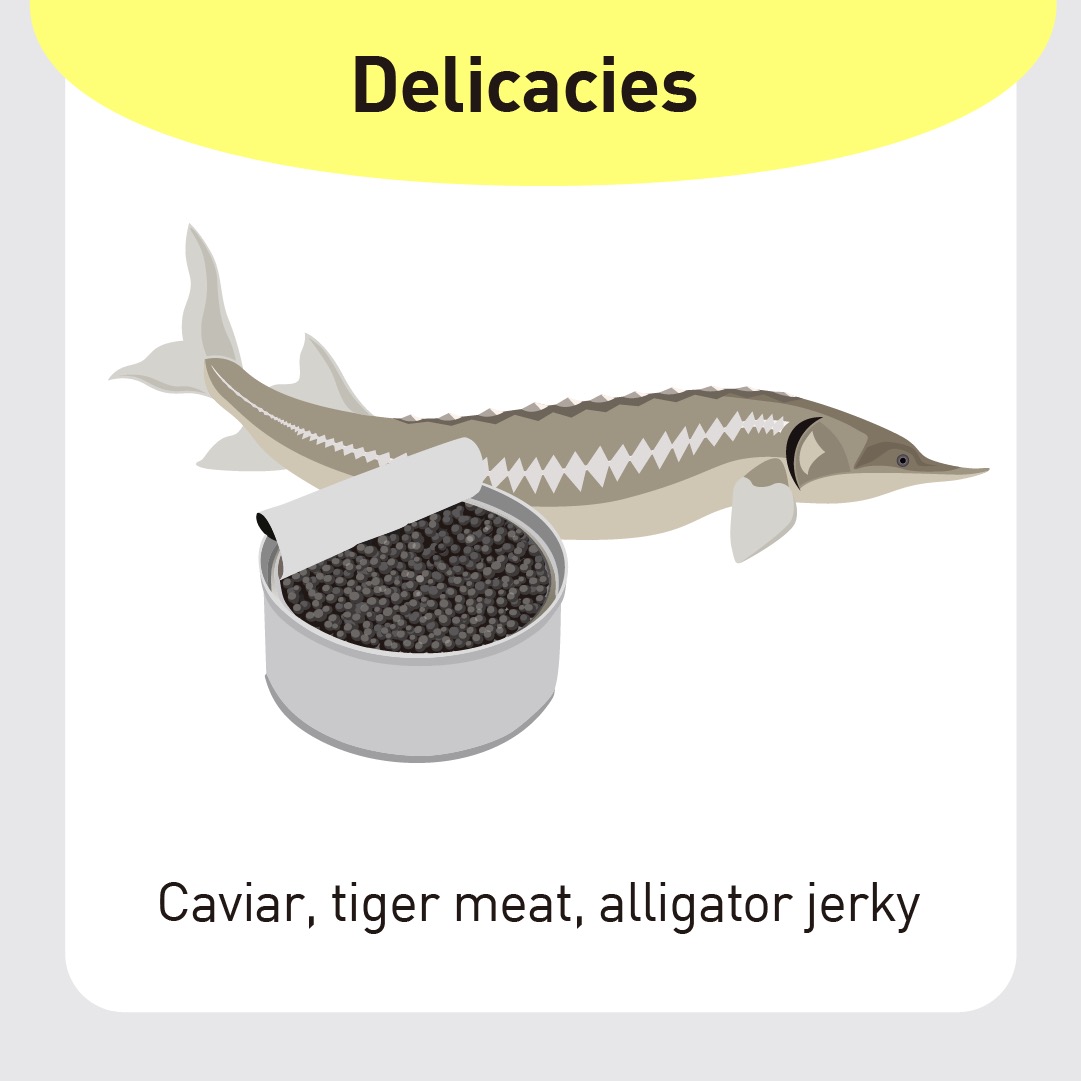

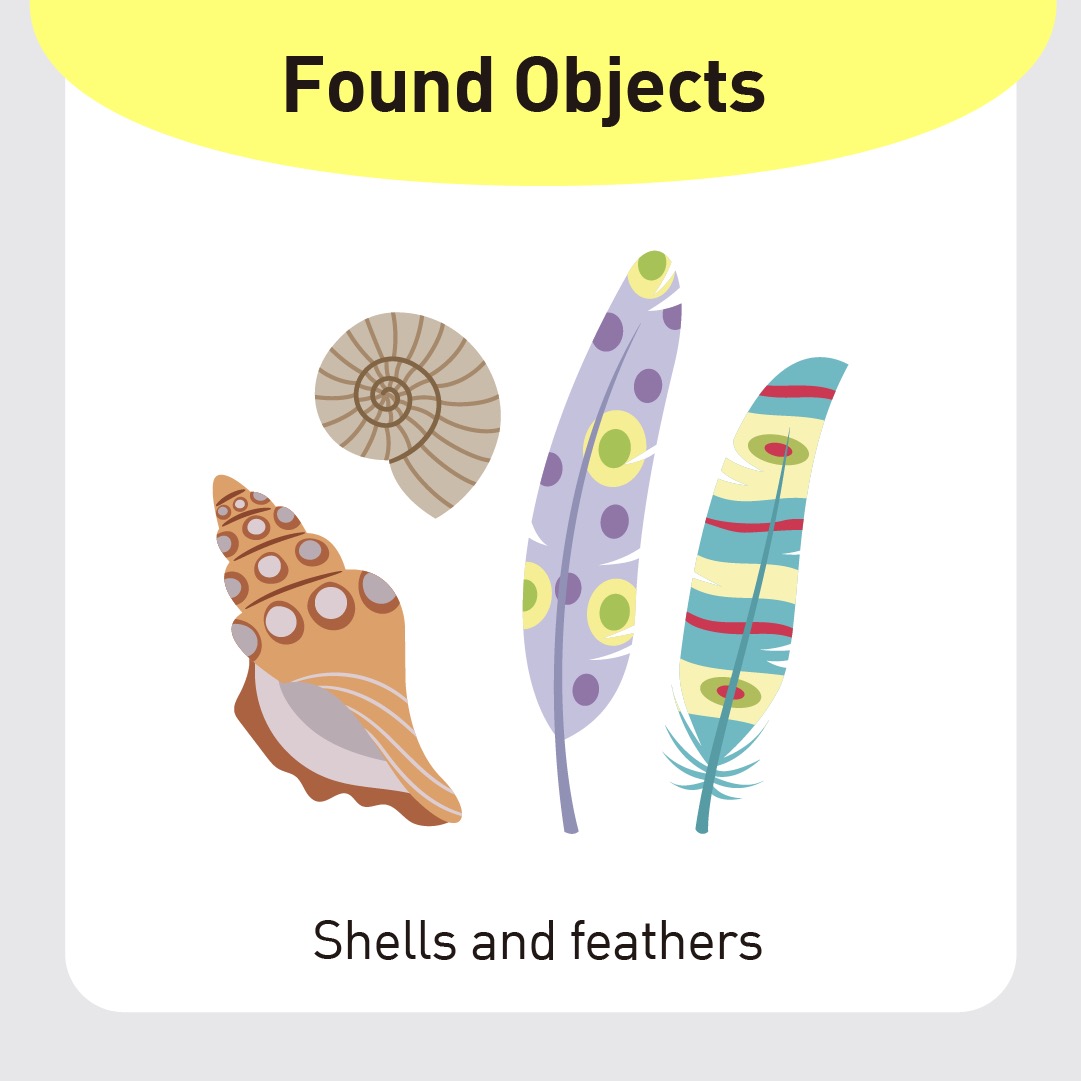
- There are some exemptions, including for tourist souvenirs. Depending on the type and quantity of goods, you may not need to complete import/export procedures when bringing items into Japan. For more details, please check here.
Special Attention Is Required for Ivory Products!
Ivory products require special caution. International trade of ivory products acquired after the entry into force of CITES* is prohibited.
Ivory products acquired before the entry into force of CITES(Pre-convention)
International trade (export and import) of ivory products (antique pianos, antique products, etc.) which were acquired BEFORE the entry into force of CITES on ivory is possible.
A license issued by the Minister of Economy, Trade and Industry is required to export and/or import those so-called “pre-convention” ivory products. In addition, a CITES re-export certificate issued by the Ministry of Economy, Trade and Industry, which is the CITES management authority of Japan, is required to export them from Japan.

Ivory products acquired after the entry into force of CITES
International trade (export and import) of ivory products which were acquired AFTER the entry into force of CITES is PROHIBITED.
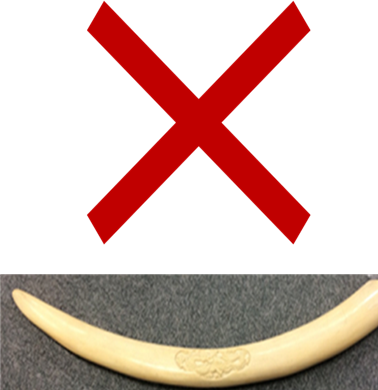
※The date of the entry into force of CITES with regard to elephants.
- Asian Elephants (Elephas maximus) - July 1, 1975.
- African Elephants (Loxodonta africana) - Feb 26, 1976.
- There might be stricter domestic measures in accordance with the domestic laws and regulations in each party to the convention. For inquiries, please contact the CITES Authorities directly.
Prior procedures are required to import items containing CITES-listed species into Japan
The import and export of goods regulated under CITES are controlled by both the convention and the Foreign Exchange and Foreign Trade Act. You may be required to obtain a CITES export permit issued by the exporting country.
CITES export permit / CITES re-export certificate issued by the country you are visiting
You must obtain the necessary permits or certificates before taking CITES regulated goods out of the country of export.
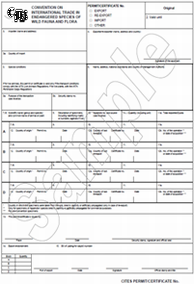
For procedures in the country of export, please consult the CITES management Authority or the retailer.
+
Import license or prior confirmation by the Minister of Economy, Trade and Industry
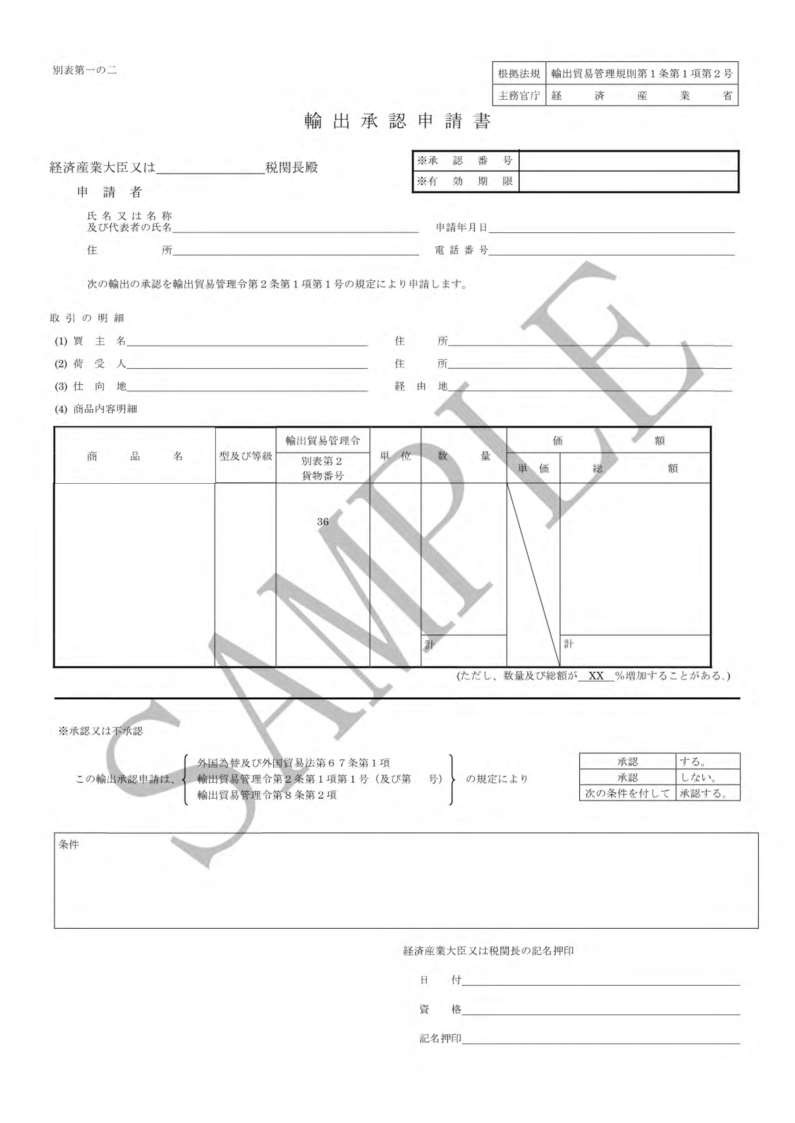
For more details, please click here.
+
What Are Special Arrangements?
There are some exemptions. The exemptions apply to personal effects, occupational tools, belongings when moving house and souvenirs. Export or import licenses and CITES export or import permits are not required for these items, provided they meet the applicable criteria. Check here for the definitions.
However, you might be required to obtain a CITES export permit issued by the exporting country. Please consult the CITES management Authority.
If the Necessary Procedures Are Not Completed
You must complete all procedures prior to exporting or importing items. If any procedures are not completed, you must send back the items (specimens) to the exporting country or voluntarily abandon them at the customs of the importing country.
Before purchasing souvenirs, please check with the retailer to see if the items contain any plants or animals listed under CITES. If the store is not aware of these regulations, consider refraining from making a purchase and looking for another store instead.
To ensure you can bring home your souvenirs and enjoy your trip, let’s make it a rule to "check before you buy!"
Division in Charge
CITES Management Authority of Japan
Office of Trade Licensing for Wild Animals and Plants, Ministry of Economy, Trade and Industry (METI)
TEL:+81-3-3501-1723
Phone hours: from 10:00 a.m. to 5:00 p.m. (excluding noon to 1:00 p.m.)
Monday to Friday (excluding public holidays)
最終更新日:2025年5月13日